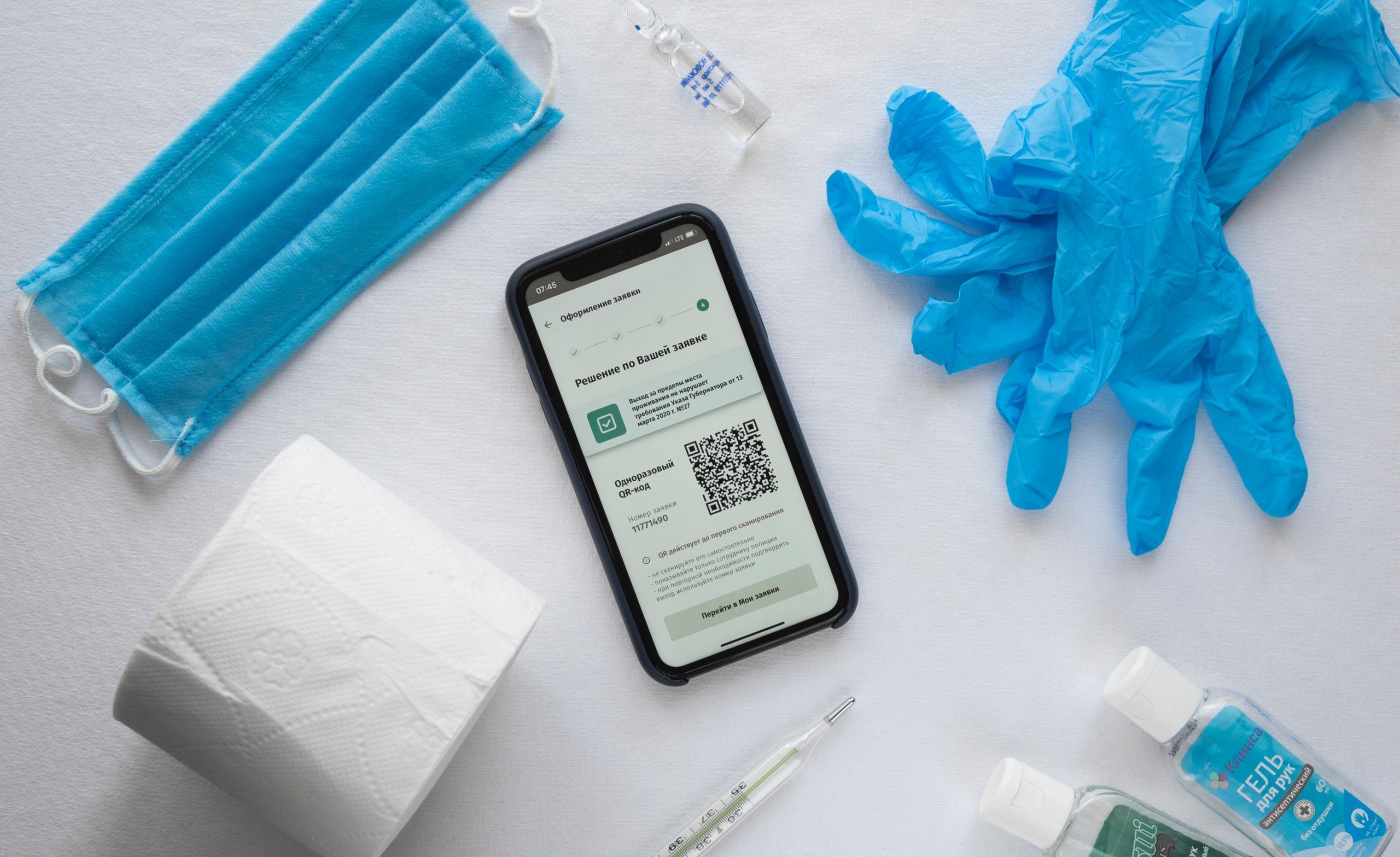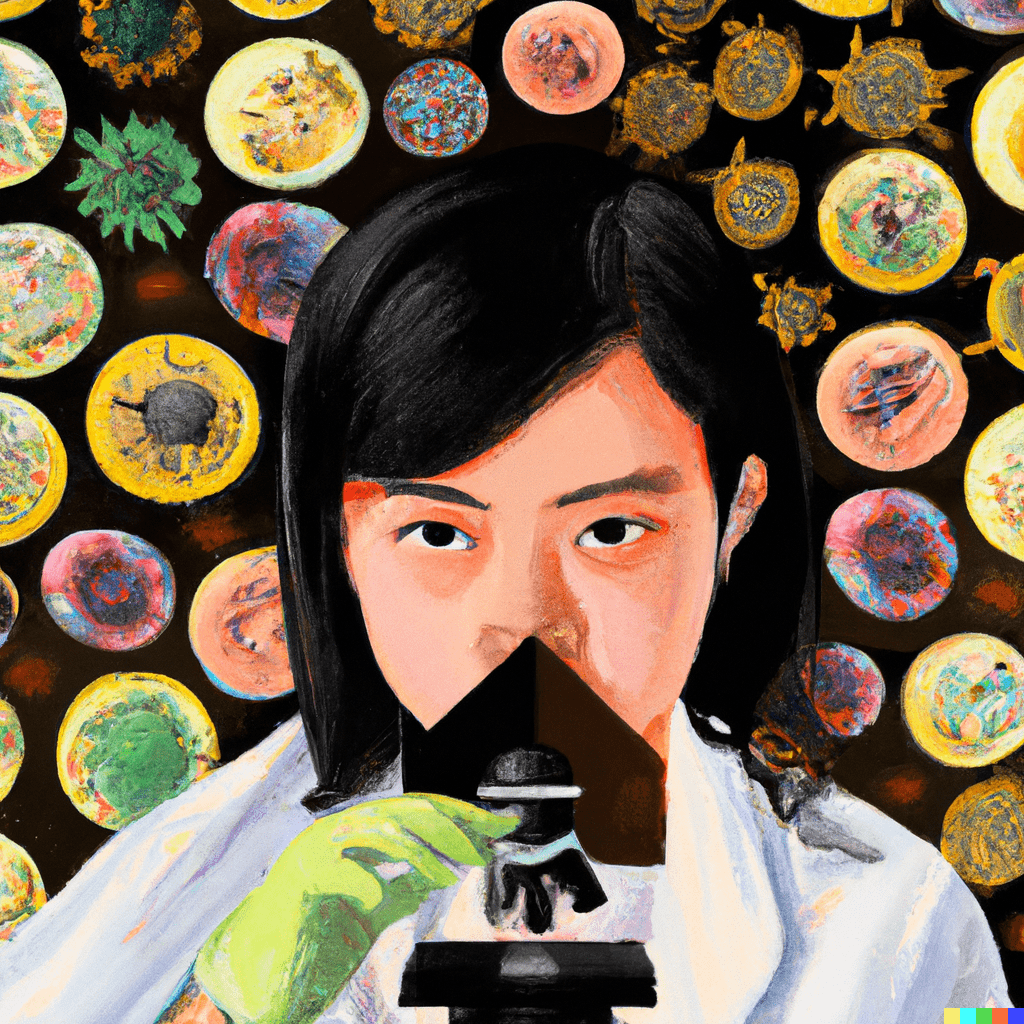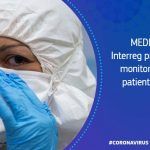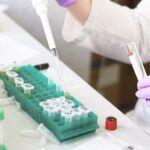Researchers have identified antibodies that not only block infection with the latest variant of severe acute respiratory syndrome coronavirus type 2 (SARS-CoV-2), but are also effective against future coronaviruses.
With the evolution of SARS-CoV-2, the efficacy of vaccines and antibodies is reduced in the laboratory. So how can a treatment be developed that resists virus evolution? With this goal in mind, an international team of researchers, supported in part by the EU-funded ATAC project, set out to determine whether the entire coronavirus evolves or whether parts of it remain the same. The researchers hypothesised that some parts of the virus may be forced to remain unchanged in order to function or maintain a proper structure. To test whether this was true, they analysed approximately 10.5 million SARS-CoV-2 sequences. As described in a paper published in Science Immunology, the researchers found that parts of the coronavirus spike protein that allow the virus to enter host cells and cause infection are highly conserved. “We call them ‘cold spots’,” says study leader Virginia Crivelli of the Swiss Institute for Biomedical Research (IRB), a partner in the ATAC project, in a press release published in EurekAlert! “Most viruses change rapidly, but we found 15 regions that did not change,” continued the PhD student.

Facilitating travel during the pandemic: the EU Digital COVID certificate worked |
Finding the right types of antibodies
The team analysed samples taken from people who had recovered from COVID-19 and found that some of them had specific antibodies against the cold spot. “These antibodies are very rare,” says Filippo Bianchini, co-author of the study and IRB PhD student, “but we were able to find them using a new method. The approach, called “cold-spot-guided antibody discovery”, is a detection method that targets parts of the coronavirus spike-in protein that the study describes as “functionally related and resistant to disruption”.
Blocking and protecting
In the lab experiments conducted, these rare coldspot-specific antibodies were able to block viral infection even by the latest variants of concern. They also provided protection from disease in preclinical models. The question now is whether the newly discovered antibodies will have any effect against SARS-CoV-2 variants and coronaviruses that have yet to appear. “It is likely that new coronaviruses that infect humans will emerge,” observes IRB director and study senior author Dr Davide Robbiani in the same news release. As the researcher goes on to say, “our findings indicate that it may be already possible to develop countermeasures that are broadly effective against present and also future coronaviruses.” The ATAC (Antibody therapy against coronavirus (COVID-19)) project has built on previous experience of SARS- and MERS-CoV antibody therapy to develop passive immunotherapy against COVID-19. Besides providing a human antibody candidate for therapy, ATAC will also rapidly disseminate results to help the medical community respond to the pandemic.







Leave a Reply